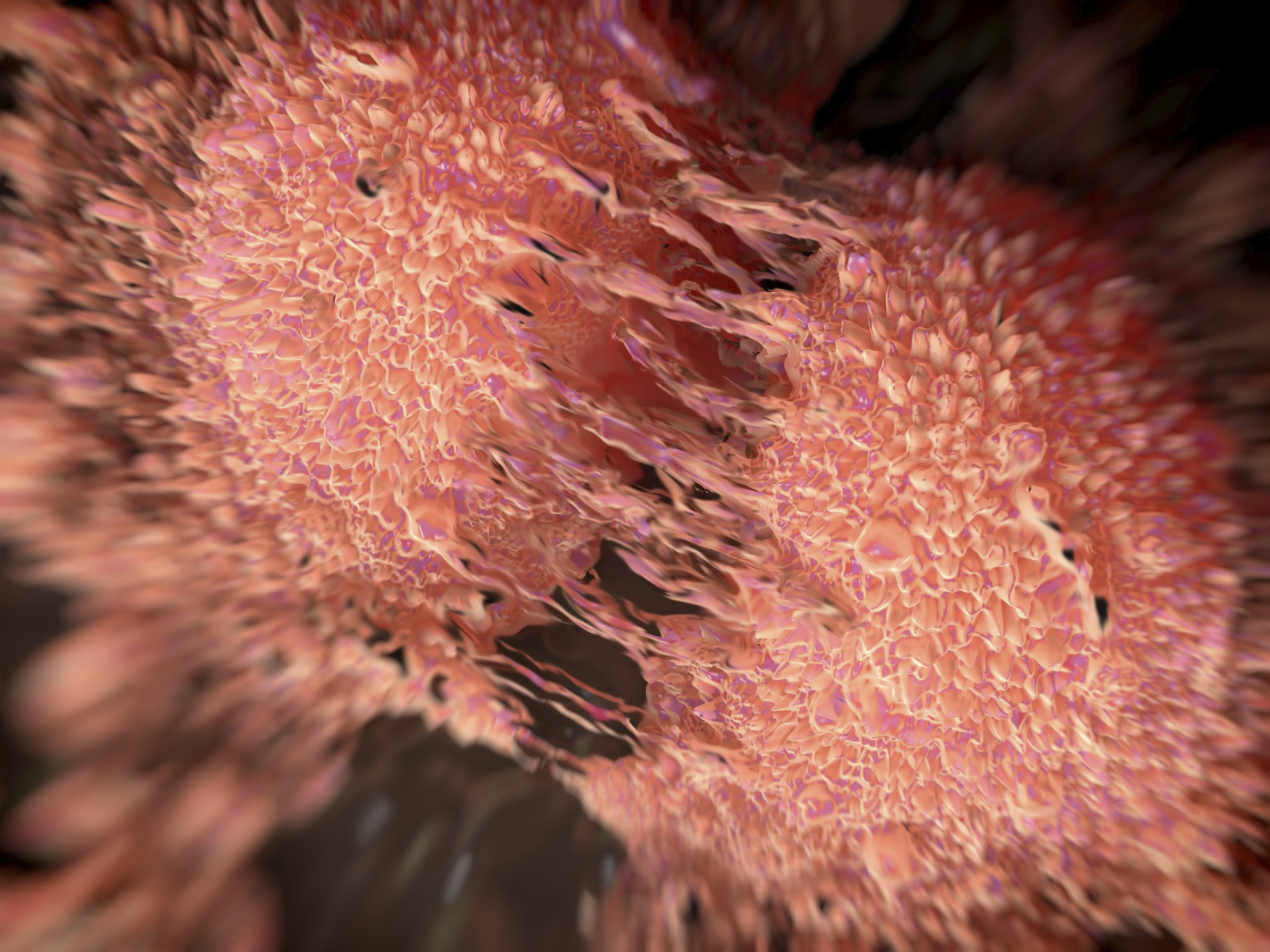UK's PinPoint gets funding to develop early stage cancer blood test

UK-based AI and machine learning firm PinPoint has raised more than £1 million to develop a test designed to rule out cancer in the early stages and save millions for the NHS in unnecessary testing.
The PinPoint Test uses AI/Machine Learning to rapidly ‘rule out’ cancer from a simple blood sample, and may be used for all cancer types.
This early stage funding round was supported by the Angel Investment Network (AIN), and was the only external organisation PinPoint accepted investment from in a round lasting six weeks.
The new investment will enable implementation trials starting in mid-2020 and will include R&D on improved versions of the product.
It will also fund an expanded full time team, regulatory compliance, purchase of new equipment and development of new products.
Founded in 2018, PinPoint is based in Leeds and now has a team of nine full time employees.
CEO Giles Tully said that the device is aimed at patients who present with vague symptoms but are sent for testing to check for cancer.
According to Tully almost 93% of the 2 million patients tested for cancer on the NHS last year did not have the disease but had to undergo invasive diagnosis at a huge cost to the health service and causing great concern for patients.
Tully said: “PinPoint has already achieved nearly 25% rule out, which last year would have given over 500,000 patients peace of mind in a few days, instead of worrying for a few weeks and saved the NHS over £150m. Our technology will save lives, improve patient experience and significantly reduce costs."
Angel Investment Network (AIN) is an online platform connecting startups with a global network of angel investors.
With 30 branches extending to 80 different countries and more than one million users, it is the largest angel investment community in the world. Angel Investment Network has helped tens of thousands of businesses worldwide with investments ranging from £10,000 to £1m.











